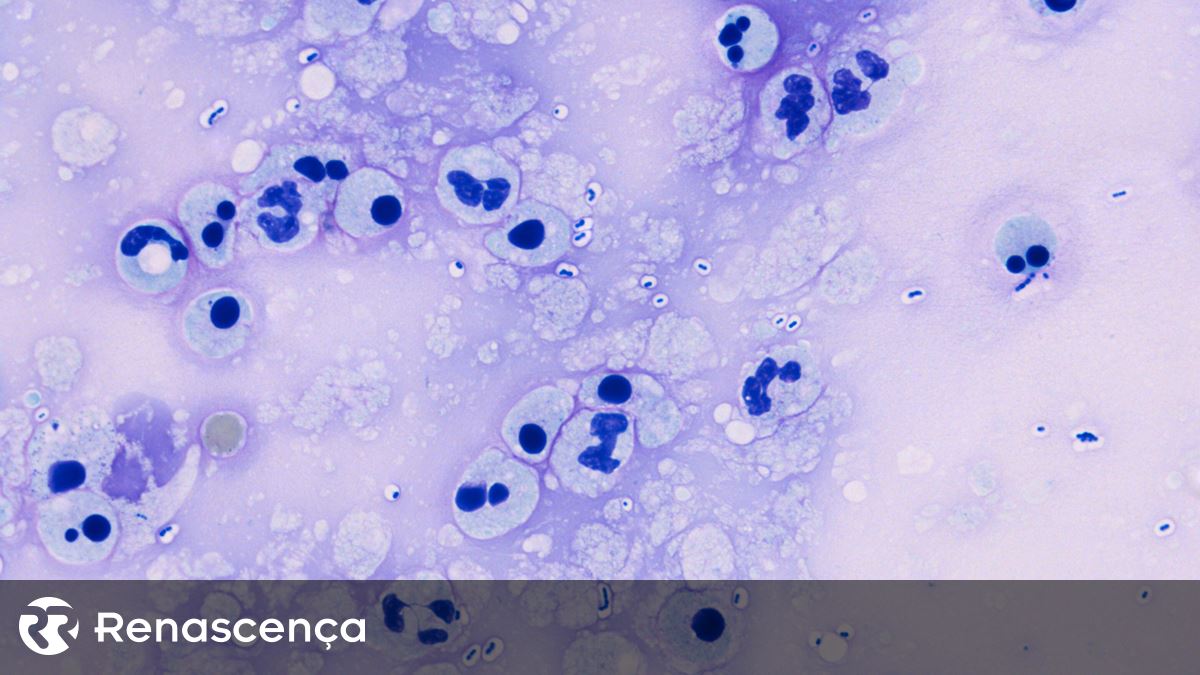Health authorities in Japan have warned of a rare but dangerous bacterial infection spreading at a record rate in Japan, according to what the British said “guardian”, Ministry of Health He tries to find out why.
The Ministry of Health is intensifying surveillance by investigating strains known to be pathogenic and infectious.
The number of cases in 2024 is expected to exceed last year's (also record) numbers. According to the Mainichi newspaper, the provisional figures announced by the National Institute of Infectious Diseases (NIID) indicate 941 cases of streptococcal toxic shock syndrome (sts) last year. And the, In the first two months of 2024 alone, 378 cases have already been recorded. With cases of infection identified in almost all prefectures in Japan.
Most cases of STSS are caused by infection with bacteria called Nodal signsknown as Streptococcus A.
Bacteria can cause sore throats, especially in children, and it is possible to become infected without knowing it or showing symptoms. In some cases, the bacteria can lead to an invasive state — which occurs when bacteria “break through” immune barriers — leading to serious and potentially fatal illness.
However, older adults are considered more at risk, according to the National Institute of Allergy and Infectious Diseases (NIID), This group A strain caused more deaths among patients under 50 years of age. According to the Asahi Shimbun newspaper, 21 out of 65 people under the age of 50 diagnosed with TSS died between July and December 2023.
Among the oldest, Symptoms may be similar to those of the common cold, but in rare cases symptoms may worsen and include sore throat, tonsillitis, pneumonia, and meningitis. When the infection becomes severe, it can cause organ failure.
“There are still many unknown factors regarding the mechanisms behind fulminant (severe, sudden) forms of streptococci, and we are not at a point where we can explain them,” the National Institute of Allergy and Infectious Diseases said.
Some experts believe the rapid increase in cases last year was linked to the lifting of restrictions imposed during the coronavirus pandemic.
The Guardian also quoted Ken Kikuchi, a professor of infectious diseases at Tokyo Medical University, as saying he was “deeply concerned” about the significant increase in the number of patients suffering from serious streptococcal infections. The professor believes that lifting restrictions imposed during the epidemic has led more people to abandon basic infection prevention measures, such as regularly disinfecting hands.
So far, There were no significant increases in group A streptococcal infections in other areas However, globally, the recommendation of the Centers for Disease Control and Prevention (CDC) is that the scientific community monitor the potential development of diseases associated with group A streptococci.

“Wannabe internet buff. Future teen idol. Hardcore zombie guru. Gamer. Avid creator. Entrepreneur. Bacon ninja.”

